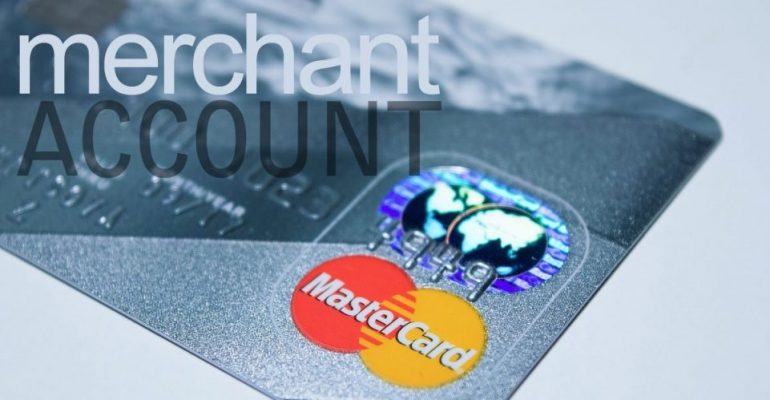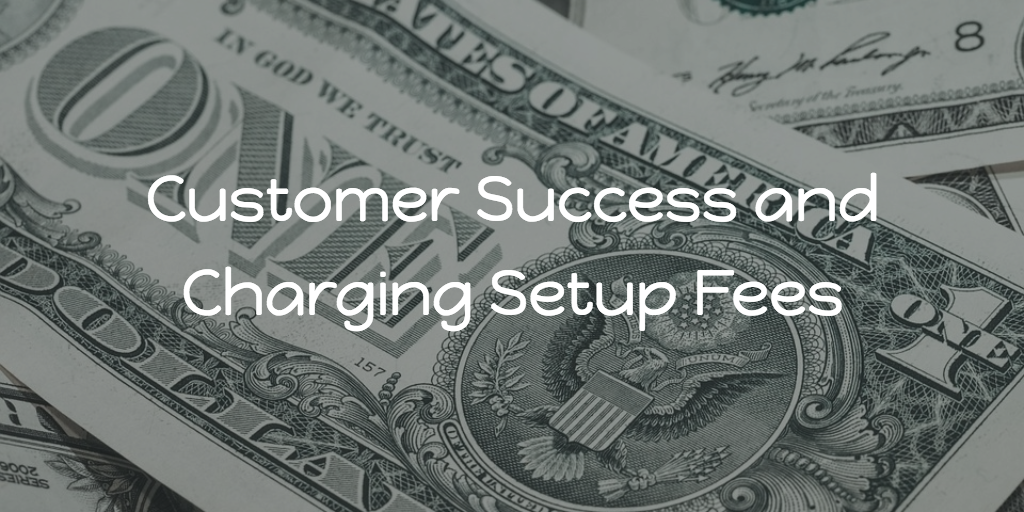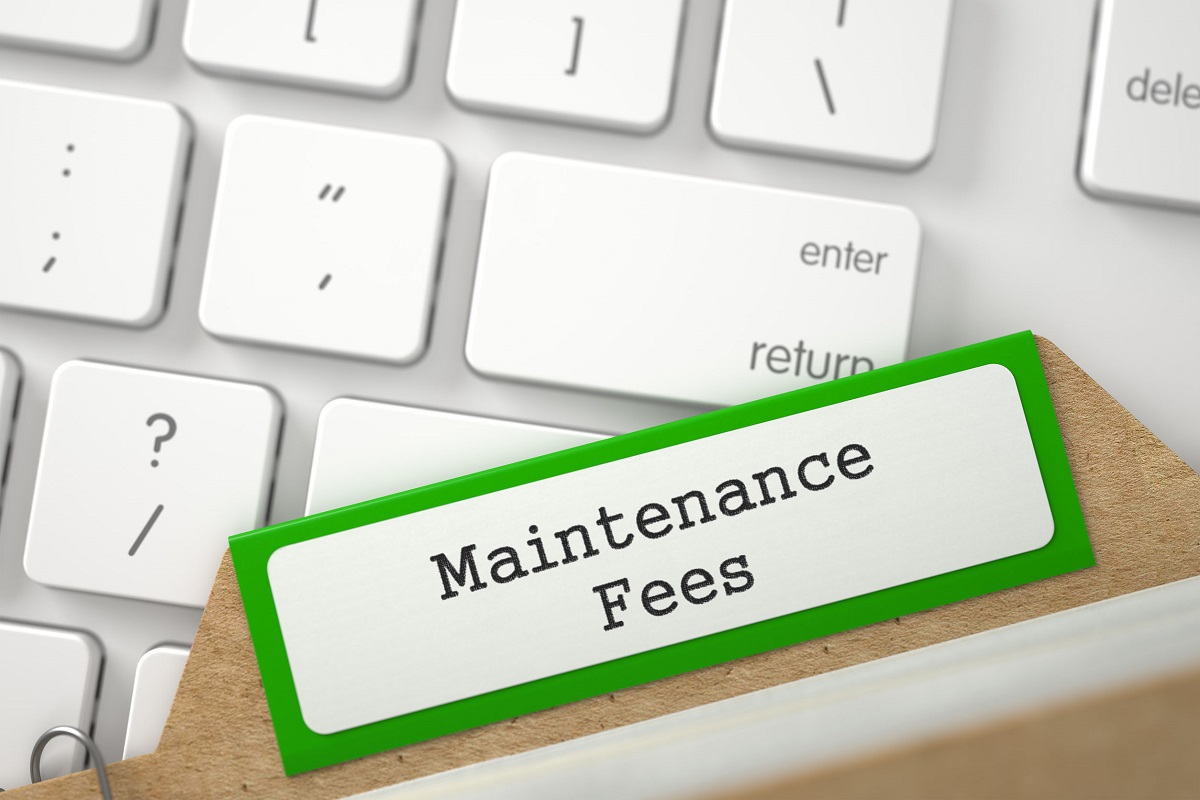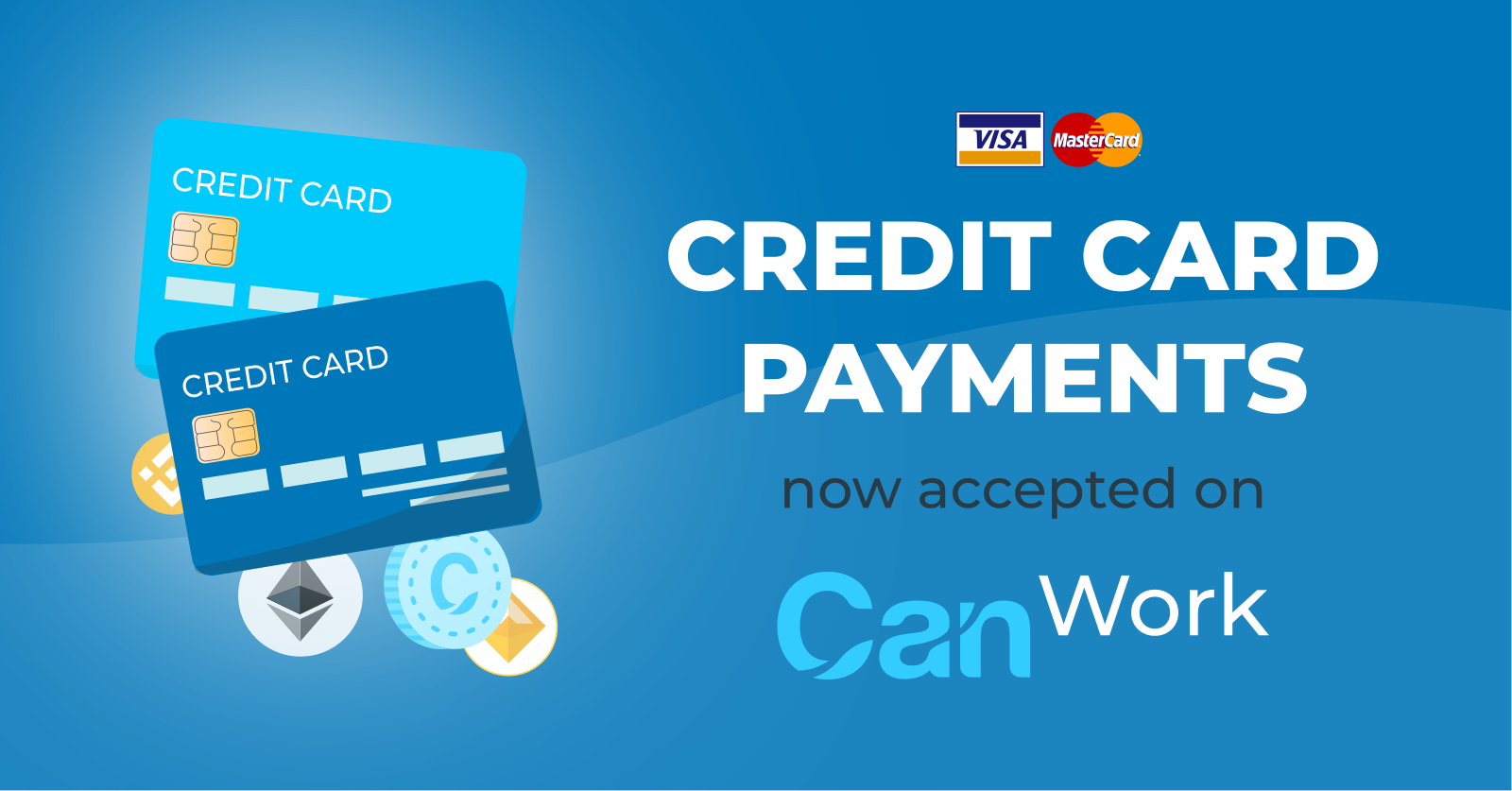Merchant Account: The Ultimate Guide for Small Business
If you are launching and running your own small business, you’ve properly been told a couple of times that you will need merchant accounts. However, there are very few people who can spend their time explaining what exactly merchant accounts are before striving to get them sold to smaller business owners. What is a merchant account? And are those necessary for many small businesses?
The world of small business merchant services is crowded with argon, imprecise, and hard-to-crack. Furthermore, the discourse surrounding merchant accounts is not exceptional. In order to decide if or not your own small business is in need of a merchant account, you will initially need to precisely grasp what a merchant account exactly is.
In this article, you will be shown the ultimate guide for small businesses on merchant accounts.
An overview of Merchant Account
Merchant Account Definition
A merchant account is known as a kind of business bank account that empowers businesses to accept and implement electronic payment card transactions. In addition, merchant accounts can request any business to be partnered with a merchant acquiring bank who can create a favorable condition in every electronic payment transaction.
Merchant of record relationships play an important role in any online business. Those relationships get involved in bringing costs that some mortar and brick establishments might select not to pay just by choosing a cash for deposits in standard business deposit accounts. Take note that merchant accounts belong to a commercial bank account.
There are some keynotes. First, a merchant account is considered a bank account that is typically created for any business that accepts and makes payment. Second, merchant accounts let businesses accept their credit cards or other forms of electronic payment. Last but not least, merchant account services can go with extra fees, along with lots of services.

Internet Merchant Account
An internet merchant account is specifically a merchant account. It is specially tailored to help keep the proceeds from the process of online payment of credit cards. Should you have your own merchant account, you can take note that the differences between them are free. More details, the fees of internet accounts are much higher due to the higher risk of transferring online payment.
You had better keep in mind that taking payments of credit cards over the Internet requires a payment gateway that can authenticate submitted credit card information. The payment gateway can submit transaction requests to credit card companies for payment authorization. There are several merchant account vendors like Shopify that provide you with a one-stop solution that does not ask for separate payment gateways.
You can get Internet merchant accounts from your own bank. Since you need separate Internet merchant accounts for every kind of card you want to get online payment accepted, it might become easier for you to buy your own account via another third-party merchant account providers like Beanstream, Merchant Accounts, Moneris, InternetSecure or PSigate.

Understand how merchant account works
Merchant accounts are the key to any business operation for all merchants. They are packed with various options as selecting a merchant account service providers with the transaction fees, which becomes the contributing factor in any decision. Besides, merchant accounts are offered by merchant acquiring banks whose partner goes with merchants in order to facilitate electronic payments.
In case a mortar or brick business does not choose to accept electronic payments but accept cash only, they might not have to create a merchant account and would depend on a basic deposit account. However, online businesses will be requested to generate merchant account partnerships as part of the business operations because electronic payments are the sole selection for clients in purchasing.
After a customer pays for your services or goods with his or her card, then the transaction details will be sent to your merchant account by card processors. Your own merchant account supplier will send those details through card processors, then to customers’ card issuers. Right after the customers’ card issuer contact processors, the merchant account will be connected for approval. Some credit card networks, including Mastercard or Visa, oversee the process of data exchanges called interchange. After all back-and-forth, your own merchant account starts fronting your business through the process of card transactions and minus all fees that we can cover in a second to the sellers’ business bank account.

Which fees should you consider when investing in merchant account services?
Frankly, merchant account solutions cannot be cheap. Card payments pass through many entities, and each of the middle parties wants to have their cut of the transaction. Additionally, the merchant account supplier intends to charge any business installation and maintenance.
The following are details of some certain fees you would like to know in case you make a final decision to make the investment in merchant account services for your own business.

Setup Fees
Customers are often charged an upfront fee for setting up their own merchant accounts by merchant account providers. Unluckily, many suppliers offer a quote-based price for this fee. Hence, you might have to request a quote to receive the fact of how much your merchant account will cost. The free installation will heavily rely on your own business card sales. Should your own account supplier also set POS hardware, this cost of setting up will be coordinated with this fee, although the hardware cost will be other expenses.

Transaction fees
Each transaction fee you need to pay for your own merchant account is known as the most complicated aspect of how much this merchant account will cost your online business. As you receive money from card transactions, lots of back-and-forths will go down to make it occur.
There are many entities to mark card payments become possible, including card networks, card processors, and card issuers that would like to cut each transaction. Besides, it is not to mention that your merchant account will be kept for themselves.
Bear in mind that the amount fee your own merchant account will provide you advance for each given transaction will not be the full transaction. Each transaction fees merchant account providers charge will become fees by omission. They might front you the transaction amount and minus what middle-men will claim through your process.
Those merchant account fees will be re-constructed in three different ways.
Flat-rate transaction fees can charge a similar rate for every type of card transaction you are processing no matter what kind of card you are using, including card issuers or card networks. As you can see, flat-rate fees can be like 2.75% or 2.4% + $0.10, and they are quite different based on how you are running your transaction. However, flat-rate fees are the same across the board and rely on how you can initiate your transaction.
Interchange-plus transaction fees belong to the most transparent merchant account fee selections. They are packed with the amount it needs to cost in order to get the payment processed and the fee that the merchant account will charge you. When it comes to the interchange-plus pricing, you can see exactly how much every transaction will cost your online business with a monthly statement. In addition, your merchant account provider will not lump pricing as well as overcharge your payments that are affordable to process such as regulated debit card transactions.
Tiered transaction fees can help classify card transactions into three tiers, consisting of qualified, mid-qualified, and non-qualified that are based on the risk posed. Transaction fees will then become the lowest qualified transactions that can involve in-person payment, a physical card, and a same-day batch settlement.

Maintenance fees
Besides setup fees and transaction fees, most providers will charge you an on-going fee for their merchant account services. This will be a flat fee from USD 10 to USD 30, which can be called an account fee, a statement fee, or a monthly maintenance fee.
On the other hand, a transaction is keyed-in and possesses a settlement delay; hence, it can be downgraded to the mid-qualified or non-qualified for risk of non-settlement posing for a merchant account provider. This merchant account transaction pricing is known as esoteric, as well as extremely hard to make it out. Therefore, small business owners are strongly recommended to think of carefully the more transparent fee options prior to being imposed on compulsory fees.

Difference between a merchant account and payment service provider (PSP)
Up to now, we might have concluded that merchant accounts are more complicated and expensive. Hence, this is not easy at all. With potential issues and pitfalls, merchant accounts can have to cope with, the industry has been suffering from disruption. Recently, some firms have been introducing services that provide you with the capabilities of accepting credit and debit cards without the need for full-service merchant accounts. In this situation, we use payment service providers (PSPs) to clarify them from some traditional merchant suppliers.
Even you have not heard of PSPs before, here is a good chance for you. For lots of retail merchants, Square is the most popular PSP. Generally speaking, they invent those categories as they introduced their processing system of mobile in 2019. Based on the eCommerce site, PayPal is known as the most well-known PSP, along with Stripe.
Payment service suppliers work well by getting their users aggregated into something that is akin to single and even big merchant accounts. In case you sign up for their service, you will not processes a full-service and true merchant account with merchant ID numbers. This option lets the cost go down and remove kinds of annual or monthly fees that traditional merchant accounts often apply.
Additionally, processing prices are simplified through the application of flat-rate pricing. While those rates are higher than you can receive with full-service merchants accounts, you will have a good opportunity to save your money like small businesses since you do not need to pay extra fees. PSPs give you true pay-as-you-go pricing and making them incredible for both seasonal and small businesses. You will not have long-term contracts or early termination fees to be worried about. Also, billing is month-to-month, and you can get your account closed at any time without being penalized.
That sounds great, right? You might wonder why most people would like a traditional merchant account. Meanwhile, PSPs have so many distinct benefits. Basically, there exist wonderful trade-offs that you have to be aware of before signing up. The largest trade-off is stable accounts. PSPs’ account is able to shut down without leaving any notice for users. A single and large-ticket transaction is enough to freeze your account or make it completely shut down. PSPs also become notorious for giving little or no support for customers.
For your business’s development, merchant account fees will be less of factors; meanwhile, low processing rates will be much more important. We strongly recommend PSPs for any online merchants who only process less than USD 5,000 monthly. Above this amount, you will save your money with full-service accounts from a reputable provider.
How do you get a Merchant Account?
Determine your needs
So, what kind of solutions will you ask for from your own merchant account providers? As you can see, all of the best merchant accounts do provide you with many things over the account. If you would like to have the ability to access point-of-sale hardware that will eventually and automatically be connected with your own merchant account, you have to determine what you really need from a merchant account. You have to ask yourself first for any questions before diving into searching for the best merchant accounts for your online business.
For example, will you want hardware to be a traditional countertop POS or will you simply wish for a card reader plug-in for smart devices? Or will you need to access payment gateways for the eCommerce use?

Choose a suitable merchant account
Now, after knowing what you really need from your merchant account, you had better start shopping for your chosen items. With all features in mind, you are able to quickly and decisively sort out what merchant accounts that do not meet your goals.
Get your business credentials in order
You have to believe that lots of merchant account providers will mostly underwrite their own decisions in order to give you a merchant account. Once again, they will take a risk by getting your business fronted the revenues of your own card transactions; therefore, they specially take the decision seriously. Most providers will first request your time and industry in business, your monthly card revenues, and your annual revenue.
Meanwhile, others might pay a visit to your business before making a decision if or not they want to extend your merchant accounts. Therefore, taking all your business credentials in order is considered crucial.
Apply for the merchant account
Currently, you are having all of your business credentials; hence, you are willing to opt for the merchant account of your selection. Should you be working in what lots of merchant accounts deem a “high-risk industry,” such as an eCommerce business, there will be a likelihood that you have a high chargeback or fraud rate for your card transactions.
Those merchant accounts will be much easier to get qualified for if your business is falling under the high-risk, but at that time, they will cost even more, we recommend PayFasto, if you’re looking for a high risk merchant account provider.

Get your account setup
After applying and being approved for merchant accounts, what you have to do next is involving having your account set up. If you accept card payments through payment gateways, other traditional card readers, your provider had better propose services to connect your merchant account to those payment processing technologies.
More importantly, the merchant account provider may provide you with proprietary payment processing technologies coming automatically to connect to your merchant account.
Start accepting card payments
We are sure that you have gone through those above steps. It is time to start accepting card payments. Your customers are allowed to pay with their debit and credit cards with a slight thought that you can see your own card revenues sooner, which is better than later.

Why is the merchant account important for small businesses?
Possessing merchant accounts for small businesses will move the risk of your finances to your merchant account provider. When it comes to each card transaction, you might have to face a slight risk that customers might neven pay up. Perhaps, they do not pay their own credit card bills or they can overdraw their own checking accounts.
Whatever the case is, should you not possess any merchant account or several alternative solutions, with every card payment you are running, there will be a likelihood that you will not end up checking the funds. Furthermore, there will be a bigger chance you might need to wait to see the finds in case they turn up.
Definitely, those benefits of having merchant accounts for your own small businesses bring you some costs. Merchant account suppliers require to fortify against the risk they might take by fronting the business your own revenue; hence, they can charge you merchant account fees located on the top of your wholesale fees the networks, processors or issuers will charge for interchange processes.

Final thought
We are very glad if the above-mentioned information is helpful for you. With this Merchant Account complete instruction, you will be confident and get ready to start searching for the best merchant account providers for your own business. You have to make sure to keep the exact merchant account definition in your mind because you are making crucial decisions around merchant accounts as well as card payment processing.
Read more:
New Posts






